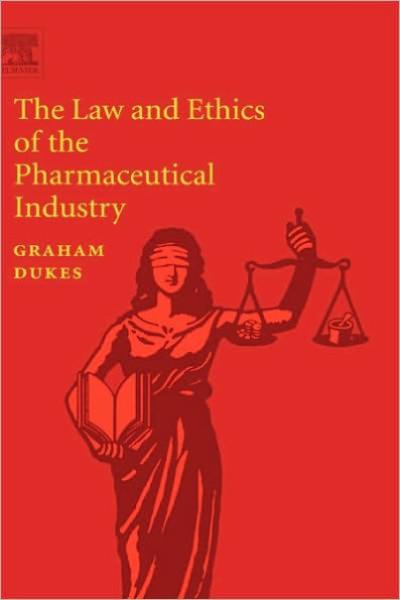Description
The rules of behavior that may be considered to apply to today's pharmaceutical industry have emerged over a very long period and the process goes on. Even the immensely detailed standards for quality, safety and efficacy laid down in drug law and regulation during the second half of the twentieth century have their limitations as tools for ensuring that the public interest is well served. In particular, national and regional regulatory agencies are heavily dependent on industrial data for their decision-making, their standards and competence vary, and even the existing network of agencies does not cover the entire world. What is more there are many areas of law and regulation affecting the industry, concerning for example the pricing of medicines, the conduct of clinical studies, the health protection of workers and concern for the environment. In some fields it is indeed hardly possible to maintain standards through regulation.
Professor N.M. Graham Dukes, a physician and lawyer with long term experience in industrial research management, academic study and international drug policy, provides here a powerfully documented analysis into the way this industry thinks, acts, and is viewed, and examines the current trends pointing to change.
...Although Dukes doesn't attempt to catalogue all relevant laws, he provides categories and examples that serve as a useful starting point for understanding the types of policies and laws that should be considered in particular cases. In addition, Dukes includes stories that led to the adoption of some of the laws and policies, which helps to make the process more accessible to the reader.
- Jeremy Sugarman, M.D., M.P.H., Johns Hopkins University for THE NEW ENGLAND JOURNAL OF MEDICINE(2006)
...a measured walk through most of the beter-known public policy issues revolving around drug research, marketing and use.
- PharmaceuticalCommerce.com (2006)
Product Details
- Elsevier Science Brand
- Dec 17, 2005 Pub Date:
- 0444518681 ISBN-10:
- 9780444518682 ISBN-13:
- 409 Pages
- 9.66 in * 7.36 in * 0.88 in Dimensions:
- 2 lb Weight:




